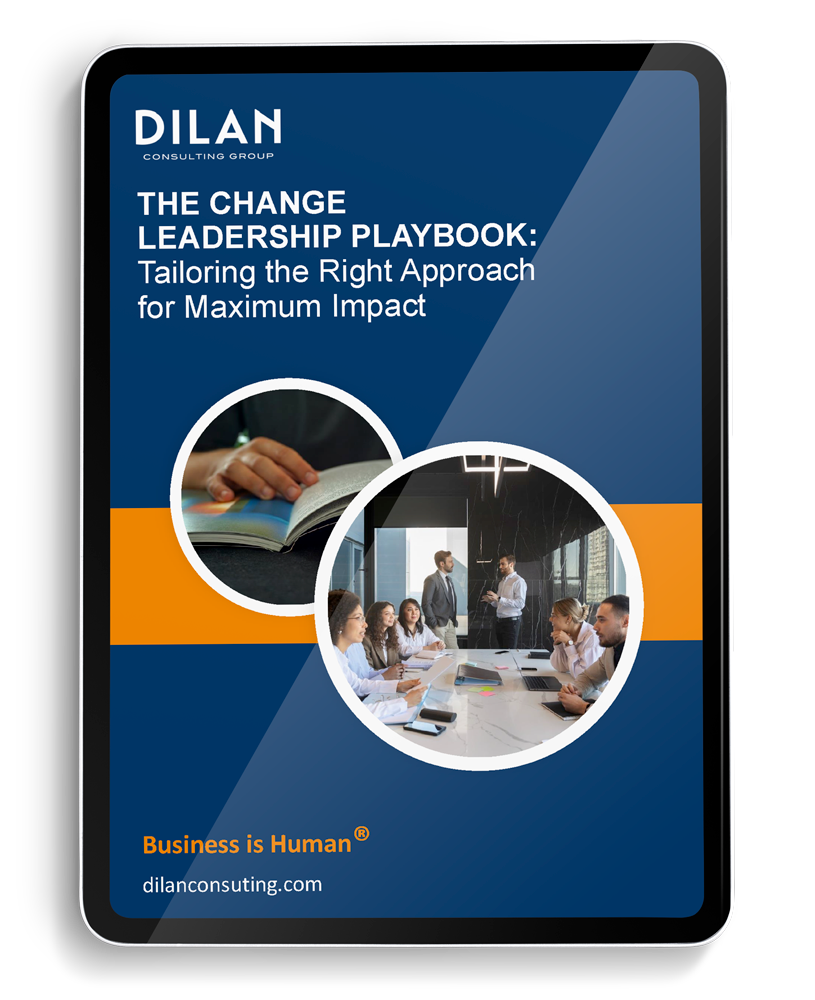Generation Z, born between the mid-1990s and early 2010s, is the first true “digital native” generation. Raised with the internet, smartphones, and social media, Gen Zers have unique expectations when it comes to work. They value technology, transparency, purpose, and flexibility, and have a heightened sense of social responsibility. Understanding these core values through a Diversity, Equity, and Inclusion (Inclusion & Belonging) lens is critical for creating an environment where Generation Z can thrive.
The Generation Z Mindset: Tech-Savvy, Purpose-Driven, and Independent
Unlike previous generations, Gen Z places immense importance on their work aligning with their personal values. According to a report from Johns Hopkins University (2021), Gen Z seeks employment in organizations that act on social issues, particularly those related to ethics, sustainability, and diversity. Nearly 77% of Gen Z respondents stated that it was important for their workplace to align with their personal values, particularly in areas like climate change and corporate ethics.
Similarly, Yello (2021) highlights that while this generation values competitive pay and benefits, they are primarily driven by mission-oriented job duties where they feel they can make a tangible difference. They are highly independent but are motivated by clear career growth paths and opportunities to continuously learn and develop.
Inclusion & Belonging Strategies for Managing Generation Z
1. Promote Social Responsibility and Ethical Alignment
For Generation Z, work isn’t just a means to a paycheck—it’s an opportunity to make a positive impact. They are more likely to join and stay with organizations that actively demonstrate commitment to environmental sustainability, diversity, and ethical business practices. As noted by BambooHR (2021), companies that fail to live up to these expectations risk disengagement and high turnover rates.
– Best Practice: Align your company’s mission with social causes, sustainability, and Inclusion & Belonging initiatives. Ensure that these values are not just communicated but demonstrated through concrete actions and programs. Invite Gen Z employees to participate in shaping these initiatives to ensure they feel included and valued.
2. Foster Continuous Learning and Development
Generation Z is highly focused on personal growth and skill development. They expect employers to provide them with the tools and opportunities to grow professionally. Fit Small Business (2021) stresses that learning opportunities such as workshops, online courses, and mentorship programs are critical for keeping Gen Z engaged. In fact, 74% of Gen Z employees are likely to leave if there are no growth opportunities within their current organization.
– Best Practice: Develop a structured career development program that includes mentorship, skill-building workshops, and regular performance reviews. Offering professional development opportunities not only engages Gen Zers but also helps retain them long-term.
3. Prioritize Flexibility and Work-Life Integration
Similar to Millennials, Gen Z highly values work-life balance, but their approach is more holistic. They expect work-life integration, meaning they want flexibility to blend their professional and personal lives seamlessly. Yello (2021) notes that Gen Z prefers work environments where flexible schedules and remote work options are available, but they also expect their personal time to be respected and protected.
– Best Practice: Implement flexible work policies, including hybrid or fully remote options. Encourage a culture that respects personal boundaries, with clear policies on “unplugging” after work hours.
4. Provide Continuous Feedback and Clear Expectations
Gen Z thrives on feedback—continuous, real-time coaching is crucial to keeping them engaged. As Fit Small Business (2021) points out, Gen Z employees appreciate managers who offer regular performance evaluations and guidance. This generation grew up with instant communication through digital tools, and they expect the same level of interaction in their professional lives.
– Best Practice: Create a feedback-rich environment by scheduling regular one-on-one check-ins and offering constructive feedback. Make sure expectations are clearly communicated and that Gen Z employees have access to the tools they need to meet those expectations.
5. Embrace New Technology and Innovation
Being the most digitally native generation, Gen Z expects employers to be at the forefront of technology adoption. They want to work with the latest tools and platforms that enhance productivity and foster collaboration. Organizations that fail to keep up with technological advancements risk frustrating their Gen Z employees. BambooHR (2021) emphasizes that slow technology or outdated systems can hinder productivity and reduce employee satisfaction.
– Best Practice: Invest in modern digital tools that enhance collaboration, such as instant messaging apps, video conferencing, and project management platforms. Regularly update your tech stack to ensure it meets the expectations of Gen Z employees.
How Generation Z Can Improve Their Interactions with Other Generations
While Gen Z brings innovative ideas and a fresh perspective to the workplace, they can improve their relationships with older colleagues by focusing on the following:
- Respect Traditional Communication Methods: While Gen Z may prefer digital communication, it’s important to recognize that older generations value face-to-face interactions and phone calls. Striking a balance between new and traditional methods of communication can enhance teamwork.
- Embrace Mentorship: Gen Z should be open to learning from the experience of Baby Boomers and Generation X, leveraging mentorship opportunities to gain industry insights and career guidance.
- Share Technological Expertise: Gen Z can help bridge the technology gap by teaching older colleagues how to use new digital tools, creating a collaborative learning environment.
Conclusion
Managing Generation Z effectively requires an understanding of their unique values and preferences, which center on ethics, flexibility, and continuous learning. By fostering a culture of social responsibility, providing regular feedback, and embracing technology, organizations can engage Gen Z employees and retain them for the long term.
Creating an inclusive workplace where Gen Z feels valued not only enhances their engagement but also promotes cross-generational collaboration, ensuring a future-ready workforce.
This blog is part 5 of a 5-part series that provides insights and tactics for managing multigenerational teams. A new part focusing on a specific generation is released each week.
Part 1 Managing a Multigenerational Workforce Through a Inclusion & Belonging Lens
Part 2 Managing Baby Boomers in the Workplace Through a Inclusion & Belonging Lens
Part 3 Managing Generation X in the Workplace Through a Inclusion & Belonging Lens
Part 4 Managing Millennials in the Workplace Through a Inclusion & Belonging Lens
References
- BambooHR. (2021). “How to Manage Generation Z in the Workplace.” BambooHR Blog.
- Fit Small Business. (2021). “How to Manage Generation Z in the Workplace: Tips for Success.”
- Johns Hopkins University. (2021). “Gen Z In The Workplace: How Should Companies Adapt?”
- Yello. (2021). “How to Best Manage Gen Z in the Workplace.”
- Sabatini Hennelly, D., & Schurman, B. (2018). Bridging Generational Divides in Your Workplace.
- Pollak, L. (2019). The Remix: How to Lead and Succeed in the Multigenerational Workplace. Harper Business.
- Stillman, D., & Stillman, J. (2017). Gen Z @ Work: How the Next Generation Is Transforming the Workplace. Harper Business.



